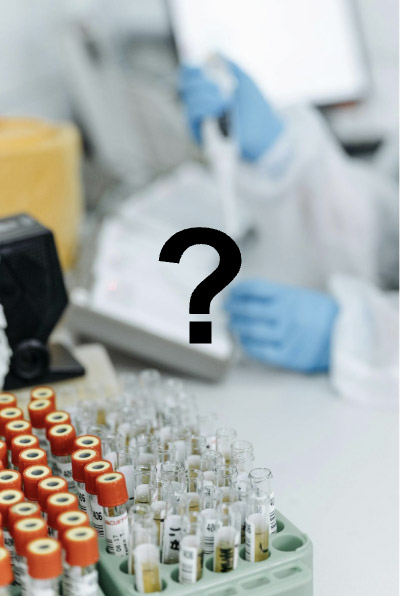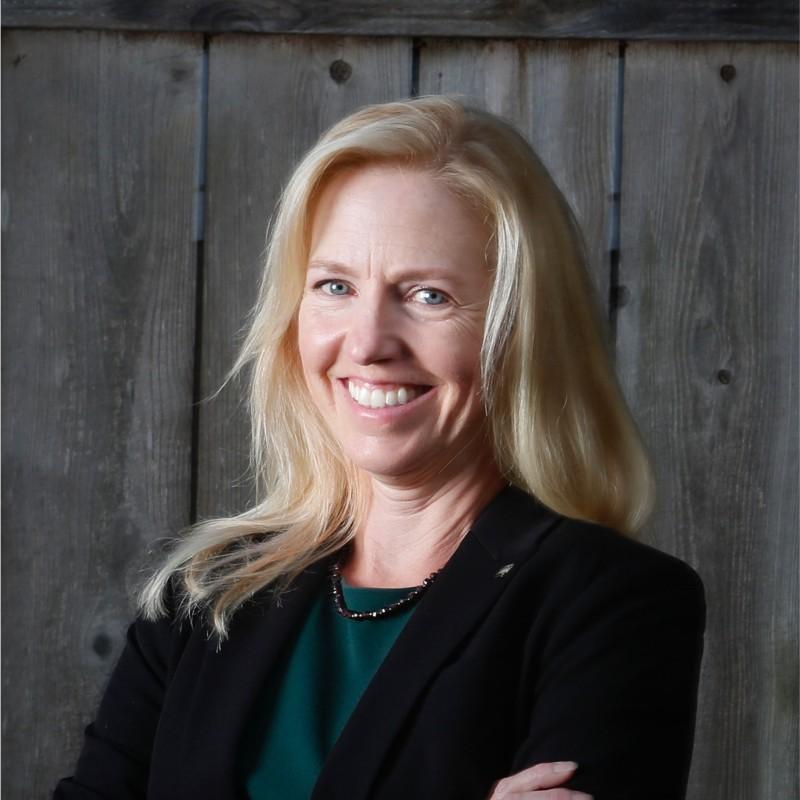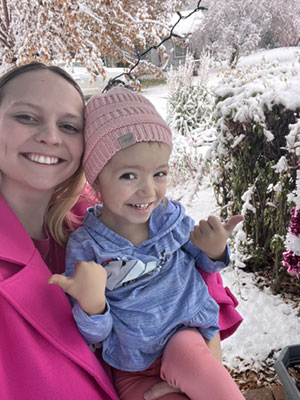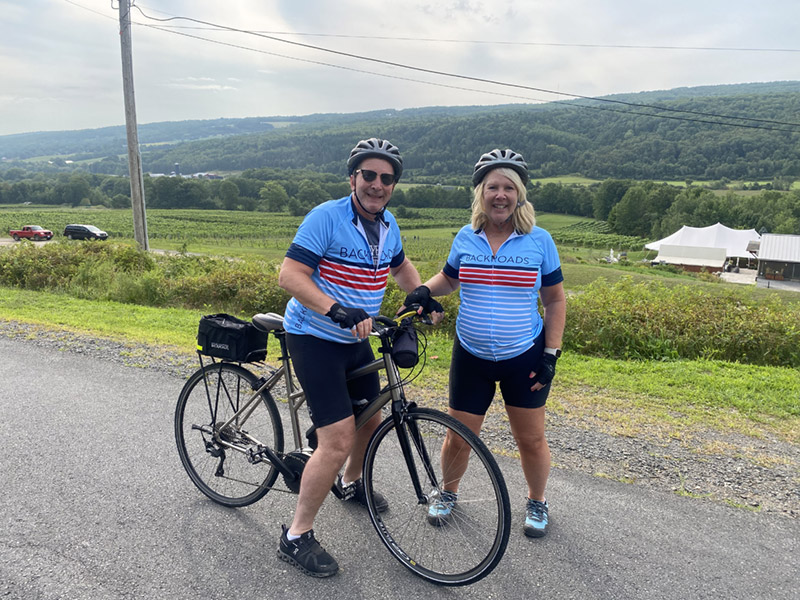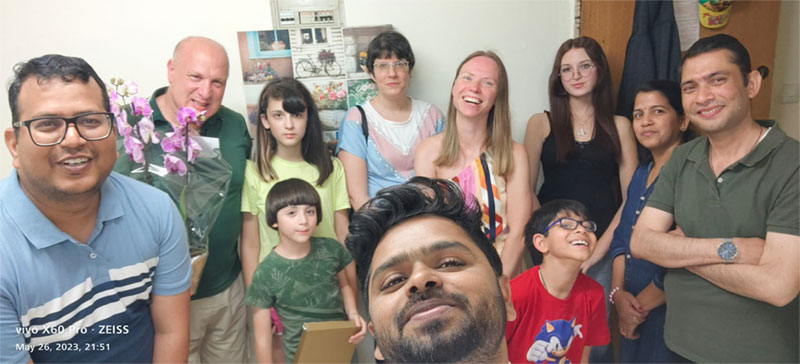Wyatt Yue, PhD, Professor of Structural Biology at Newcastle University, is the grant recipient of the 2021 Million Dollar Bike Ride for rare disease research. His research proposal outlines the discovery of glycogen synthase inhibitors as a novel therapeutic target for APBD.
We interviewed Dr. Yue recently to give you a chance to get to know him and the groundbreaking APBD research being done at Newcastle University:
Q. What inspired you to get into research?
Dr. Yue: I have always wanted to make a difference in whatever I do in life. I learnt through my university degree in Biochemistry that a career in research involves experimenting with new concepts and bringing them into discoveries. I realized that this is a very meaningful way to make a difference and have been drawn to it ever since.
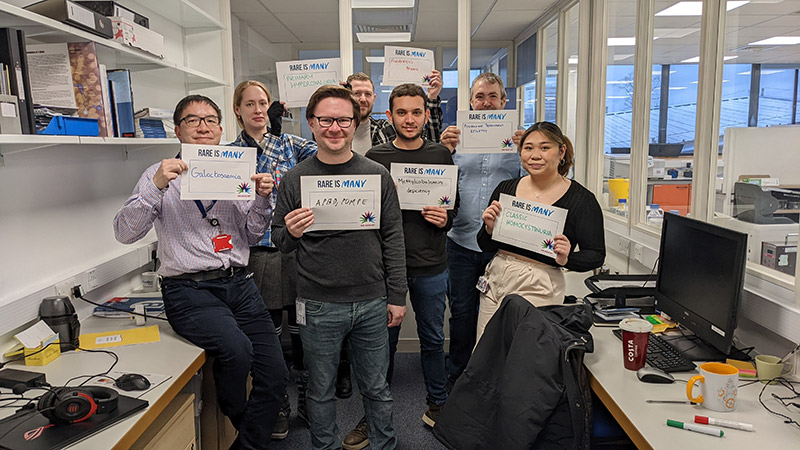
Dr. Yue (left) and his team on Rare Disease Day 2022
What excited you about structural biology in particular?
Dr. Yue: Structural biology is all about determining the 3D shapes (‘structures’) of big molecules in life such as enzymes. The shape of the molecule dictates how it functions and why it malfunctions. Growing up, I was always fond of reading maps and other graphical representations of concepts. Similarly, the structure of an enzyme is like a picture – it’s worth a thousand words, telling the story of its function, mechanism, and therapeutic potential.
Your work focuses on the discovery of glycogen synthase inhibitors for validation as a novel therapeutic target for APBD. Tell us about this.
Dr. Yue: We aim to develop small molecules that act on the glycogen synthase enzyme. Prior research shows that reducing glycogen synthase activity could prevent polyglucosan body build up – which is the driver of APBD. Taking advantage of our unique knowledge about the shape of glycogen synthase, we will identify the best region(s) in the enzyme to target that will lead to a desired effect (i.e., reducing activity of glycogen synthases and not other enzymes). We will then design small molecules to target the regions(s) using cutting-edge computational and screening methods.
How is this work progressing?
Dr. Yue: From the get-go, we have built a strong partnership at Newcastle University for this project, with focused expertise on structural biology (led by myself), medicinal chemistry (led by Mike Waring, PhD), and computational chemistry (led by Daniel Cole, PhD). All three teams have made good progress towards the project, particularly in setting up a few new technologies. We are now at the center stage of the screening campaign, exploiting these technologies to find small molecules that target the shape of glycogen synthase.
Have there been challenges?
Dr. Yue: Research is always full of unexpected surprises. One month into the project, we did not anticipate that geopolitical issues and energy crises in the world would impact the day-to-day functioning of a lab. Alas they did, creating a huge delay in our supply chain of many raw reagents. These issues are now resolved, and we are back on track.
What has surprised you about the discoveries from your lab and its impact?
Dr. Yue: Over the years, I have come to appreciate that the shape of an enzyme is a highly dynamic concept, which changes all the time as it functions and as it malfunctions. I am surprised by the plasticity of an enzyme in ‘shape-shifting’, impressed by all the emerging technologies to capture the changes , and excited by the potential of exploiting them in new drug discovery.
Your work offers hope to our patients who have no treatment options at this time. What can we—as patients, caregivers, friends, researchers, clinicians, and the broader community—do?
Dr. Yue: First and foremost, we are very grateful for the generous support from the 2021 Million Dollar Bike Ride research grant. We are hugely motivated by how driven this patient community is to promoting advances in the field. I’d like to think of the broader community as a close family pursuing a joint venture, and everybody is doing his/her part in openly sharing all data, challenges, and learnings, so we can the turn the tide of APBD as fast as we can.
Thank you, Dr. Yue. We wish you much success on behalf of our community!

